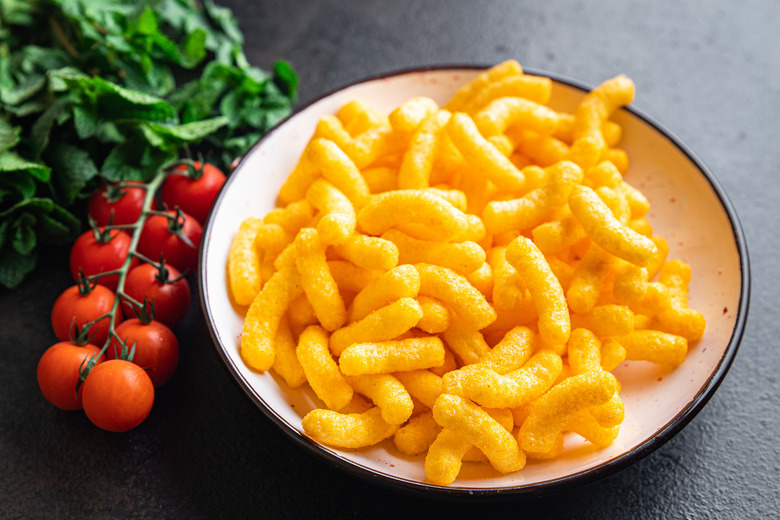Ultra-Processed Foods Linked To 124,000 Deaths In The US In Just 2 Years
The chips in your pantry and the soda in your fridge might be doing more damage than you think. A new global study has linked the widespread consumption of ultra-processed foods (UPFs) to hundreds of thousands of premature, preventable deaths.
Published in the American Journal of Preventive Medicine, the study found that over 124,000 deaths in the U.S. between 2017 and 2018 could be attributed to UPF consumption. But the impact doesn't stop at American borders. Researchers from Brazil's University of São Paulo analyzed dietary data from seven other countries and found similar trends worldwide.
The study's authors estimate that ultra-processed food related deaths are rising fast, particularly in low- and middle-income nations. In Brazil, more than 25,000 premature deaths were linked to UPFs during the same period. The UK, Mexico, Canada, Australia, Colombia, and Chile all showed significant numbers as well.
The researchers used comparative risk models to calculate the percentage of all preventable deaths that could be linked to UPFs, ranging from four percent in countries with lower consumption to nearly 14 percent in high-consumption countries like the U.S. and Britain.
These industrial products are found everywhere and are made from ingredients not typically found in your own kitchen. Popular examples include soft drinks, snack foods, sweetened cereals, fast food, and frozen meals. These products are engineered for long shelf life and convenience, but they're also strongly associated with heart disease, obesity, diabetes, certain cancers, and even depression.
As UPFs increasingly replace fresh, minimally processed foods, especially among low-income families, the toll is climbing. Researchers warn that ultra-processed food related deaths are becoming a symptom of a deeper shift in global nutrition, driven by profit, convenience, and inadequate regulation.
Lead author Eduardo Nilson argues that education alone won't solve the problem. Instead, he and his team call for systemic solutions like taxing UPFs, subsidizing healthy foods, improving food labels, and regulating marketing and institutional food supply. He also emphasizes the need for global coordination because this isn't just a dietary issue; it's a failure of international policy.
